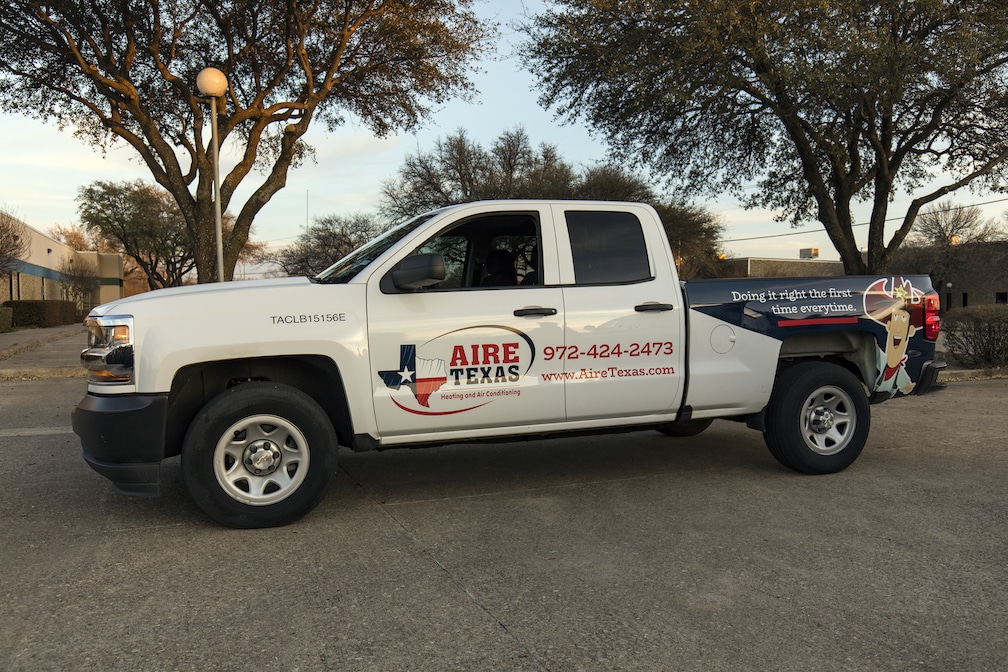Sometimes during our summers, it can get rainy and humid, and that’s almost refreshing when you’re playing sports or at the pool. In fact, rain is one of the fastest ways to cool off when things have been hot for hours, days, or even weeks.
Then, once you’re done playing in the rain, or at least watching the kids play in the rain, it’s time to head inside to the air-conditioned, dry air of your home. This can be the best part of the day, when you get to sit in a perfectly dry, comfortable home that’s safe from the stifling humidity and heat of the outdoors.
However, when things get wet and you bring them inside, you’re bringing more moisture into what would otherwise be a closed environment. This can cause some complications that might require AC repair in Plano, TX if you’re not careful.
Moisture Can Overload Your System
First of all, we mentioned that your air conditioner dries the air in your home as it simultaneously cools it, but this isn’t exactly what it’s designed to do. Cooling the air is the primary goal of the air conditioner, and dehumidifying the air as it cools is a byproduct that occurs during the process. The more humidity in the air, the harder your air conditioner has to work to cool things down, since humid air retains heat at a higher rate than dry air.
This can cause all sorts of problems for your comfort and AC. If you venture indoors after getting wet from rain or in soaked bathing suits, the water and humidity could carry with it the heat from outdoors. If you’re not careful, your air conditioner could start cranking into overtime just to cool things off and keep things relatively dry.
Make sure you use your clothes drying system for bathing suits and clothes and close the windows and doors when you head indoors.
Wetness Can Cause Mold Growth
We’re glad you could spend such a hot day at the pool! However, the set of wet bathing suits coming back inside needs to be dried off or at least hung somewhere that allows proper moisture filtration, like the bathroom.
Mold can grow anywhere there’s moisture, which means that a puddle on the ground or a wet set of clothes will be prime real estate for a mold infestation. Your air conditioner is focused on cooling and drying the air inside your home, so make sure you do your best to take care of moist clothes or products.
Humidity Needs to Go Somewhere
Moisture doesn’t just disappear when your home gets an influx of it. It all must go somewhere, and that usually means being siphoned into your air conditioner. This can cause a clog in the condensate drain system which is normally where atmospheric humidity goes after the air is cooled.
Make sure that you notice any foul odors or problems with your air conditioner since that can be a sign that it’s having trouble getting rid of the humidity.
Contact Aire Texas Heating and Air Conditioning to learn more. Doing it right the first time, every time!



